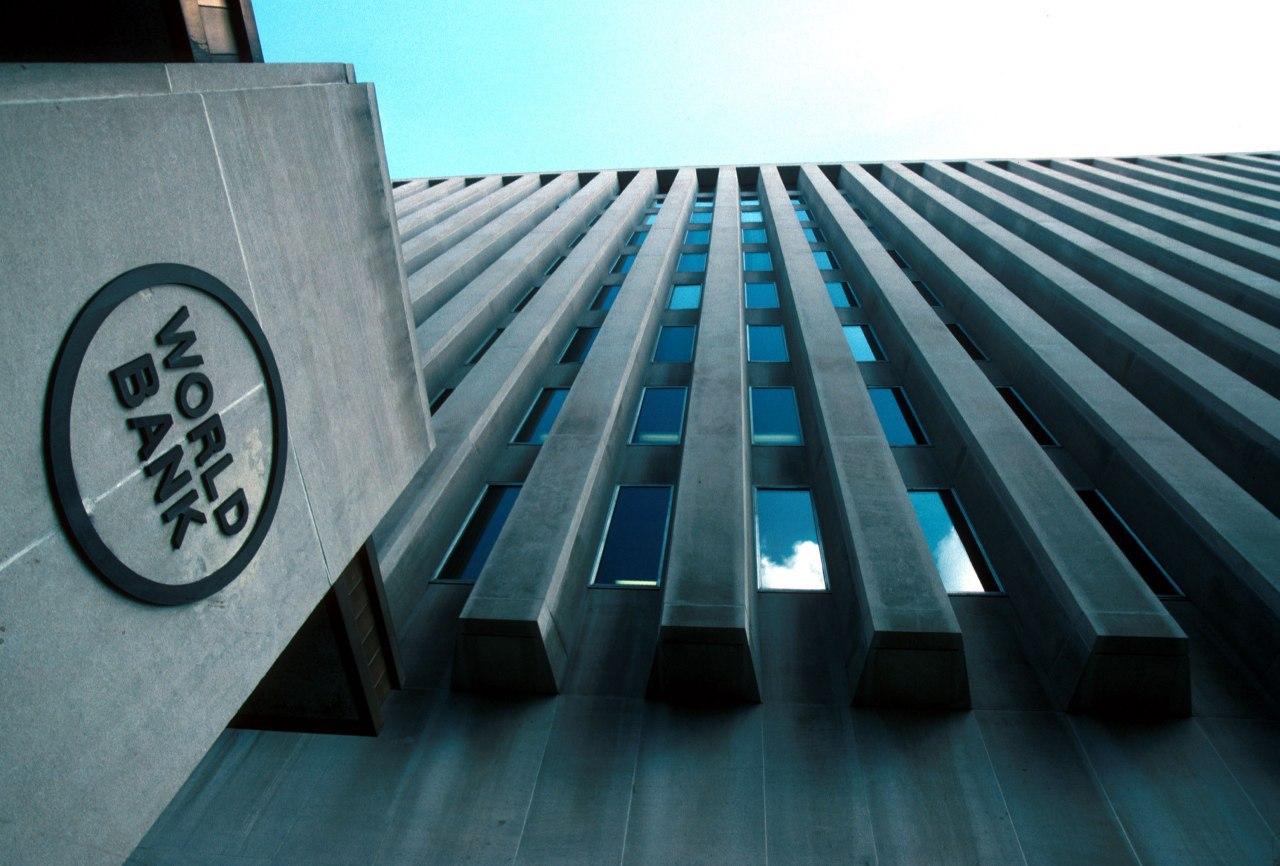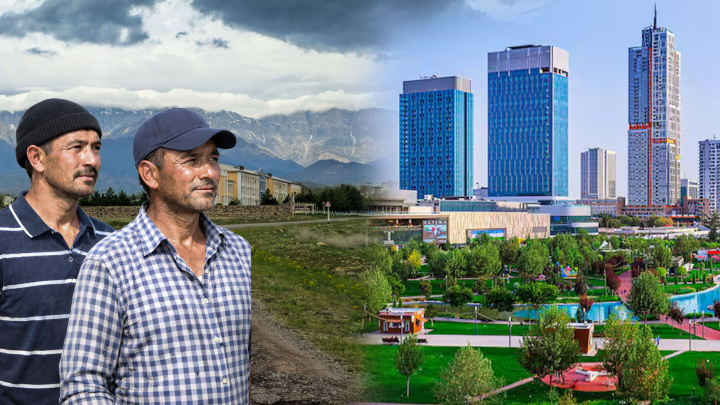WB: Uzbekistan can maintain rapid economic growth
Uzbekistan remains one of the fastest developing countries in Europe and Central Asia. This is stated in the latest WB report “Development Prospects of the World Economy”.

Photo: Getty Images
Economists expect much lower economic growth in the region due to uncertainty caused by the ongoing conflict between Russia and Ukraine. The forecast is also affected by higher inflation and tighter monetary policy.
At the end of 2023, the growth of the total gross domestic product of Europe and Central Asia will be 1.4%. At the same time, it is expected to accelerate to 2.7% annually in 2024-2025 due to the reduction of external shocks and the recovery of demand.
One of the main reasons for improving the regional forecast was the revision of estimates for Russia. If at the beginning of the year, experts of the World Bank expected a decrease of more than 3% of the Russian GDP, now it is only 0.2%.
The Central Asian group of countries, according to bank estimates, will show the highest growth in the region in the near future - 4% this year and 4.4% next year. However, they may be overtaken by Eastern Europe due to the start of recovery in 2025.
Among the countries of Central Asia, the World Bank gave Tajikistan the first place in terms of growth in 2023 - 6.5%, Uzbekistan is in second place with 5.1%. However, they will then switch positions (5% vs. 5.4% in 2024 and 5.8% vs. 4.5% in 2025).
According to the World Bank, starting from 2024, Uzbekistan will become the leader in terms of growth rates in the region. In addition to Tajikistan, rapid growth is also expected in Georgia and Armenia.
Kyrgyzstan will see a more modest growth rate (3.5% in 2023, 4% in the next two years) amid declining remittances, after last year’s record 7%. Kazakhstan’s economy will partially recover from the shocks, but the pace will remain below 2021 levels.
In addition to the continuation of the conflict in Ukraine and the acceleration of inflation, the World Bank noted that there are risks in the energy sector for the countries of Europe and Central Asia. In addition, economists warn of the possibility of mass migration due to climate change.
Related News

17:38 / 02.02.2026
Migration and uneven development widen regional income divide in Uzbekistan

12:41 / 02.02.2026
Uzbekistan plans expanded digital oversight to reduce informal economic activity

16:24 / 29.01.2026
Per capita incomes rise sharply across Uzbekistan, with notable regional disparities

13:04 / 29.01.2026



